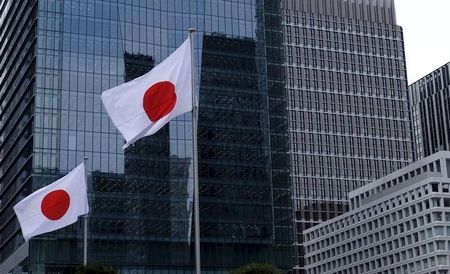AI Sentiment: Cautiously Bullish
Reason: Despite a contraction in Japan's manufacturing sector, there is optimism due to improvement in the services sector indicating potential overall economic growth.
In a recent turn of events, Japan's manufacturing sector has seen a decrease in its Purchasing Managers' Index (PMI). The PMI, an indicator of the economic health of the manufacturing sector, dropped to 52.7 in December, down from 53.8 in November. This marks the first contraction in the sector since May 2020, and indicates a slowdown in economic activity.
On the other hand, the services sector has shown signs of improvement. The Services PMI for December rose to 49.4 from 47.4 in November, indicating a marginal contraction, but nevertheless an improvement from the previous month. This indicates a relatively better performance of the services sector compared to the manufacturing sector, and suggests a possible shift in the economic landscape of Japan.
The decrease in the Manufacturing PMI is reportedly due to supply chain disruptions, higher raw material costs, and a resurgence of COVID-19 cases. These factors have led to a slowdown in output growth and new orders, contributing to the contraction of the sector. Despite this, manufacturers remain optimistic about the future, with the expectations index remaining in positive territory.
Meanwhile, the improvement in the Services PMI is seen as a positive sign and is largely due to an increase in new business and output. This suggests that the services sector is gradually recovering and could potentially lead to overall economic growth in the future.
In conclusion, while the contraction in the manufacturing sector is a concern, the improvement in the services sector provides some optimism for the future of Japan's economy. It will be crucial to monitor these trends closely in the coming months to gauge the overall health and direction of the Japanese economy.




